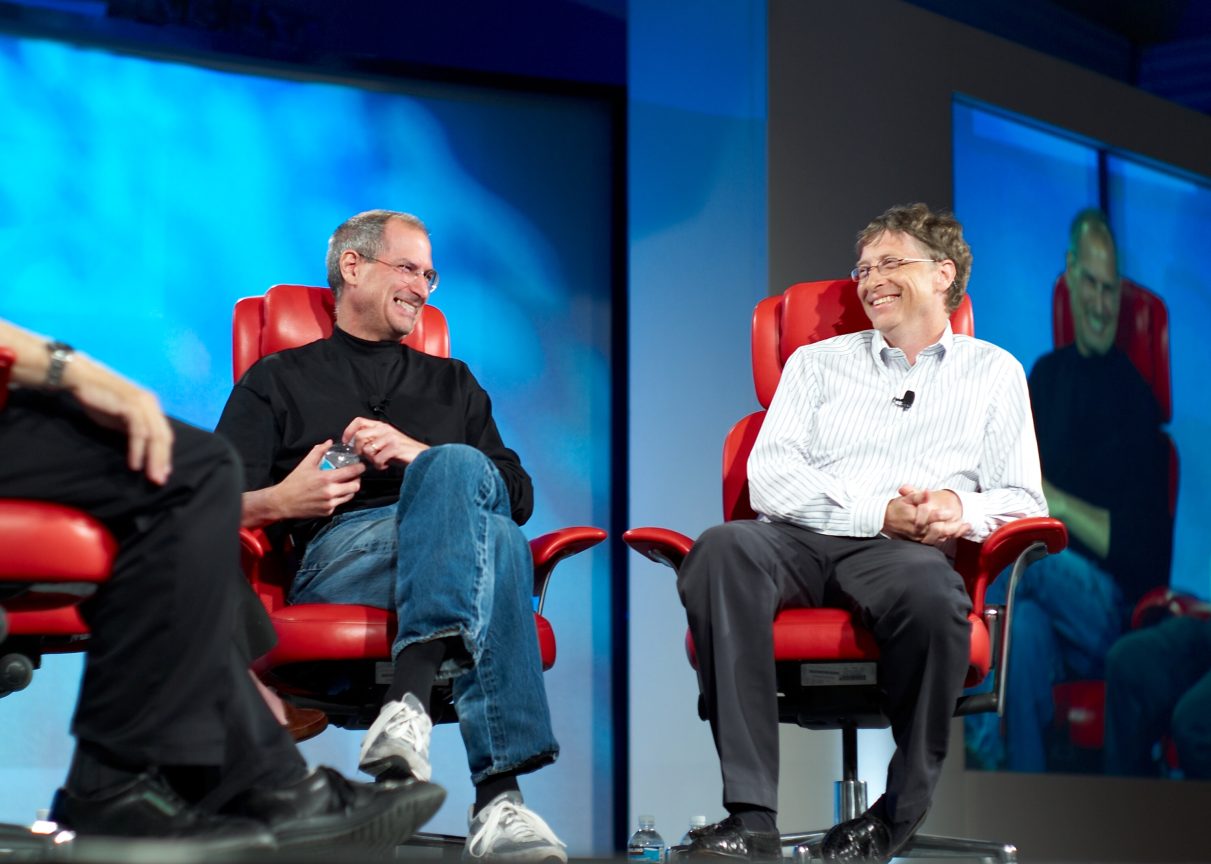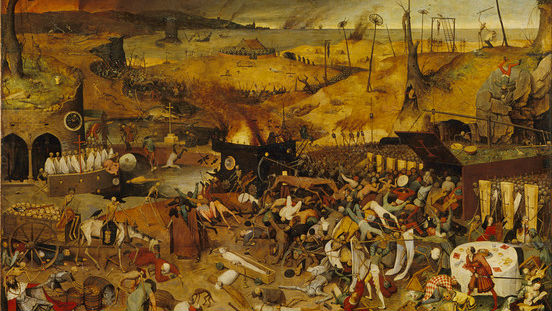Innovating the Concept of Innovation

What’s the Latest Development?
Some of the world’s most innovative organizations gathered last week in Washington DC to discuss American competitiveness and what could be a new understanding of innovation itself. DARPA, the military’s experimental R&D wing which is working on a glider that can reach New York from California in 11 minutes, says its key to innovation is ‘mashing together basic sciences and driving application’. That means finding educated people who also have a strong desire to make new things.
What’s the Big Idea?
At the conference, Google agreed that innovation is a byproduct of investment in human capital. The way they see it, a single high school dropout could cost the nation essential life-saving technology. “And the idea of innovation itself—beyond the people, the inventions and the technology—needs to change. We have to break a long-standing impression that innovation is this ethereal thing.” While there is no formula for innovation, we know that we can at least bring together important elements to increase the likelihood of big advances.
Photo credit: shutterstock.com




